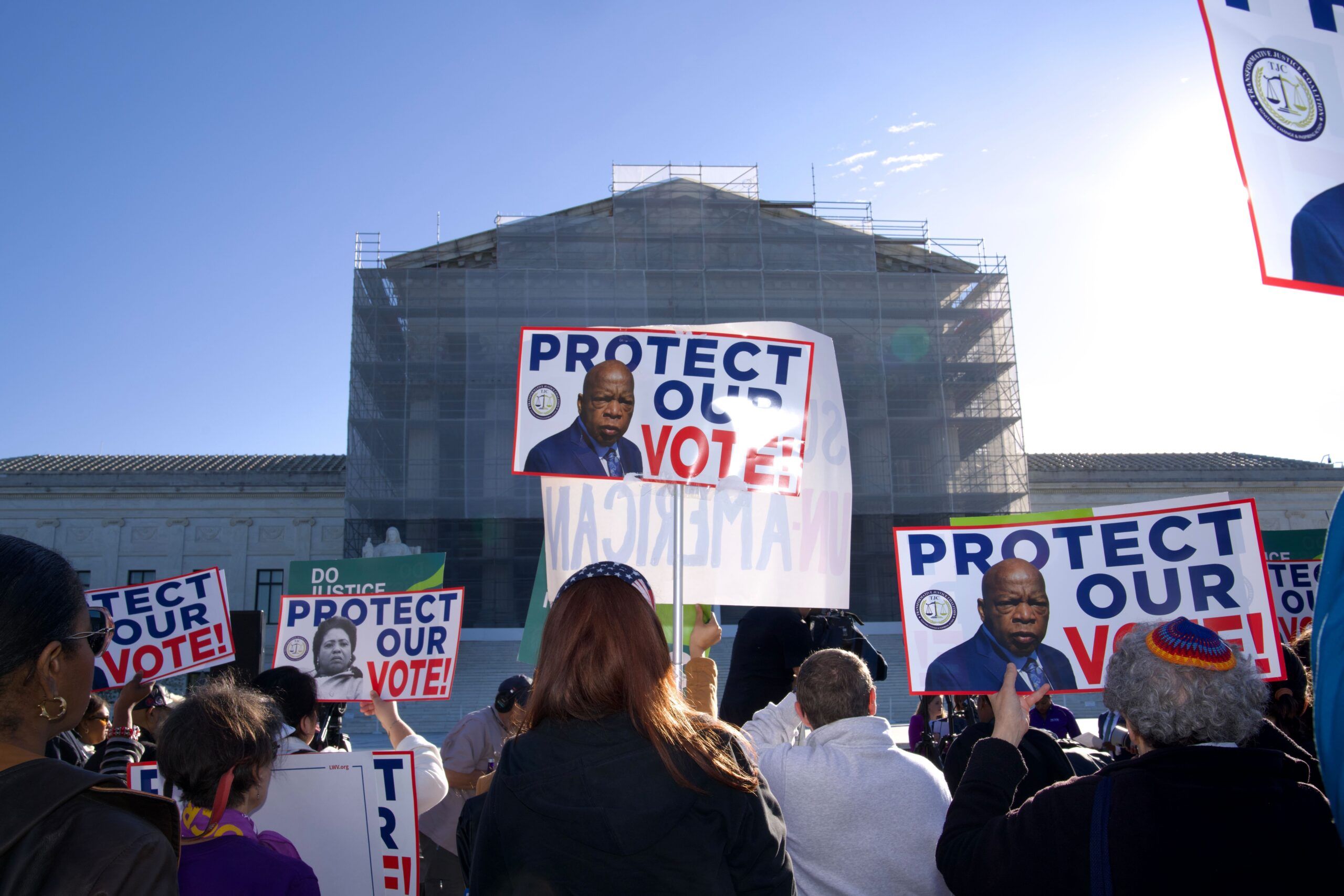Louisiana v. Callais Reignites Debate Over Section 2 of the Voting Rights Act
The U.S. Supreme Court is reviewing a case that could reshape how congressional districts are drawn across the country. Louisiana v. Callais could determine the future of Section 2 of the Voting Rights Act, a key provision prohibiting racial discrimination in elections.
If the Court decides to overturn or restrict Section 2, states led by Republican legislatures could redraw multiple districts in the House of Representatives, potentially increasing their representation. Analysts estimate that at least 19 districts could be redrawn under such a scenario, shifting the balance of power in Congress.
Political and Legal Ramifications
The dispute began after a lower court ordered Louisiana to create a second majority-Black congressional district. That change resulted in Democrats gaining an additional seat in the 2024 elections. The plaintiffs in the current case argue that such race-based districting violates the U.S. Constitution, drawing parallels to prior decisions that struck down race-conscious policies in education.
Broader Impact on Representation and Democracy
A ruling that weakens or eliminates Section 2 could have widespread effects, especially in Southern states where political divisions often align with racial demographics. Legal scholars warn that without Section 2, minority communities may lose a crucial mechanism to secure equitable representation in Congress.
The decision could arrive before the 2026 midterm elections, depending on the Court’s schedule. As deadlines for redistricting approach, both parties are closely monitoring the outcome, which could redefine congressional power dynamics for years to come.



